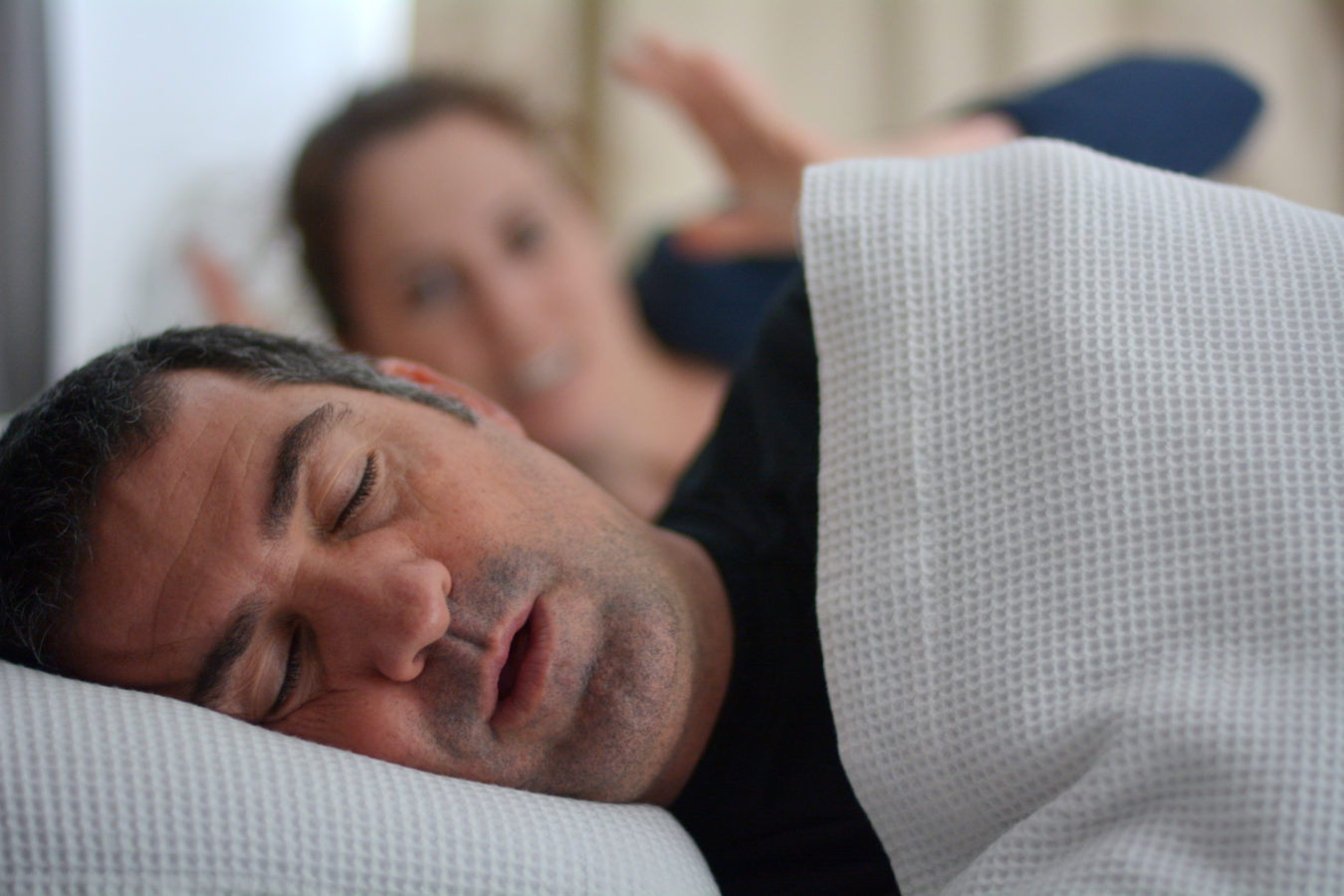Heart disease is called a silent killer because you often don’t know it’s there until you have a heart attack or stroke. But there can be clues, if you know where to look. Here are 10 surprising signals that you may be at risk for heart problems.
-
Sore or Bleeding Gums
Bad dental health can lead to bleeding gums, which let germs enter the bloodstream. This can cause harmful inflammation in the blood vessels and increases the risk for heart disease. Try to brush and floss everyday and see a dentist regularly to prevent this from happening.
-
Earlobe Creases
A number of studies have shown a connection between deep slanted-line wrinkles in the earlobes and heart disease. Scientists aren’t sure why this happens, but it might be because blood flowing through the body has been slowed down by inflammation and plaque.
-
Yellowish Bumps
Fatty, yellow bumps around the eyes or on the elbows or knees are actually patches of cholesterol and could be a sign that your arteries have high cholesterol levels. High levels of “bad” LDL cholesterol raise the risk of heart attacks and stroke.
-
Severe Snoring
If you snore regularly and loudly and sometimes gasp for breath at night, it could be a sign of sleep apnea. That’s when breathing is blocked, causing you to wake up in order to start breathing again. It puts a big strain on your heart. If you snore loud enough to wake up someone next to you, talk to your doctor.
-
Coughing
If you have a cough that doesn’t go away, it might be a sign that you have congestive heart failure. This happens when the heart isn’t pumping well and blood gets backed up in the blood vessels, causing liquid to leak where it shouldn’t, such as the lungs.
-
Swollen feet and legs
When the blood vessels that send blood to your heart get blocked, it can cause liquid to build up in places like the legs, feet, and stomach. If you can press a finger on the puffy skin area and it leaves a pit or a dent, get a checkup to find out if something is wrong.
-
Hairless Legs
A lack of hair on the legs may mean that your blood vessels have gotten smaller, which reduces the flow of blood. That reduces the oxygen that gets to the legs. It can be due to peripheral arterial disease (PAD), which increases the risk for heart attacks and stroke.
-
Being Short of Breath
If you feel really winded just by climbing stairs or walking to the mailbox, it can signal heart problems. Be sure to tell your doctor if this happens to you.
-
Dizziness
Heart rate and rhythm problems can also cause you to feel lightheaded. Over time, these problems can lead to heart disease.
-
Skipped Heart Beats or Rapid Heart Rate
These are also signs of heart rhythm problems, which can cause serious heart problems, if not treated quickly. If your heart flutters, the doctor can run an EKG test to see how your heart is beating and if you may need medicine to reduce your risk of a heart attack or stroke.
Other hidden signs of heart disease can be found in your blood and urine. Ask your doctor about special testing that can uncover them. If you know you are at risk, you can take action to prevent heart attacks and strokes and stay well!
If you observe any of these symptoms, you should discuss with your healthcare provider.
This information is provided for informational purposes only and is not intended as medical advice.

